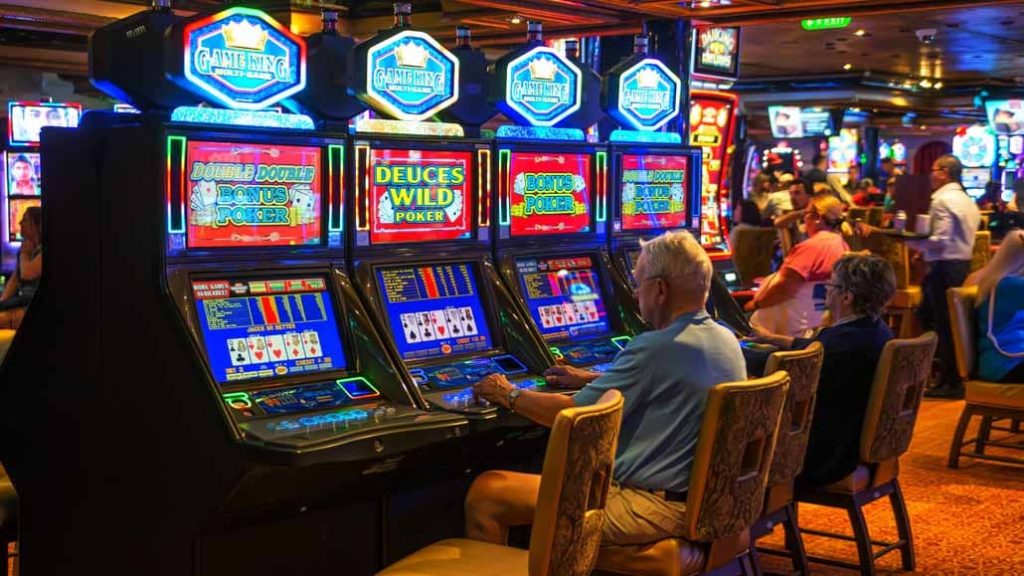Understanding the Psychology of Online Slots
Online slots have rapidly become one of the most popular forms of entertainment in the digital landscape, captivating millions with their colorful graphics, enticing soundtracks, and the thrill of potential winnings. Understanding the psychology behind online slots offers insights into why these games are so appealing and why players are drawn to them, often leading to prolonged gaming sessions that can sometimes border on compulsive behavior. Unlike traditional forms of gambling, where the odds are typically more transparent, online slots often rely on randomized outcomes, creating an unpredictable environment. This uncertainty can trigger excitement and anticipation, as players never know when a winning combination might occur. This unpredictability is akin to the psychological phenomenon of the gambling schedule, where intermittent rewards create a more powerful urge to continue playing than a steady stream of rewards. As players spin the reels, the occasional win however small serves to reinforce their behavior, encouraging them to keep playing in hopes of hitting a larger jackpot.
The design elements of online slots further enhance their psychological appeal. Bright colors, engaging animations, and immersive sound effects create a stimulating environment that captivates players. Game developers often employ themes that resonate with players’ interests, from adventure and mythology to pop culture, making the experience more relatable and enjoyable. The sensory overload associated with these games can trigger the brain’s reward pathways, releasing dopamine a neurotransmitter associated with pleasure and reward. This chemical response not only reinforces the behavior of playing but also contributes to a sense of escapism, allowing players to temporarily detach from the stresses of everyday life. Moreover, the social aspect of online slots can also play a significant role in their allure. Many online casinos incorporate social features, such as leaderboards and the ability to share achievements with friends. This not only fosters a sense of community among players but also triggers a competitive spirit, driving individuals to play longer and invest more time and money in pursuit of higher rankings and social validation.
The incorporation of chat features allows players to interact with each other, further enhancing the sense of belonging and shared experience, which can be particularly appealing in a digital age where social interactions are often limited. However, while online slots can be a source of entertainment and excitement, there are potential psychological pitfalls. The immersive nature of these games can lead to excessive playing, resulting in gambling addiction for some individuals. The brain’s reward system, when overstimulated by frequent wins or near-misses, can create a cycle of chasing losses, where players feel compelled to continue playing in an attempt to regain lost money. This behavior is often fueled by cognitive biases, such as the illusion of control, where players believe that their actions can influence outcomes, despite the random nature of the games. In conclusion, the psychology of Slot online is a complex interplay of design, reinforcement, and social dynamics that creates a highly engaging and potentially addictive form of entertainment.
